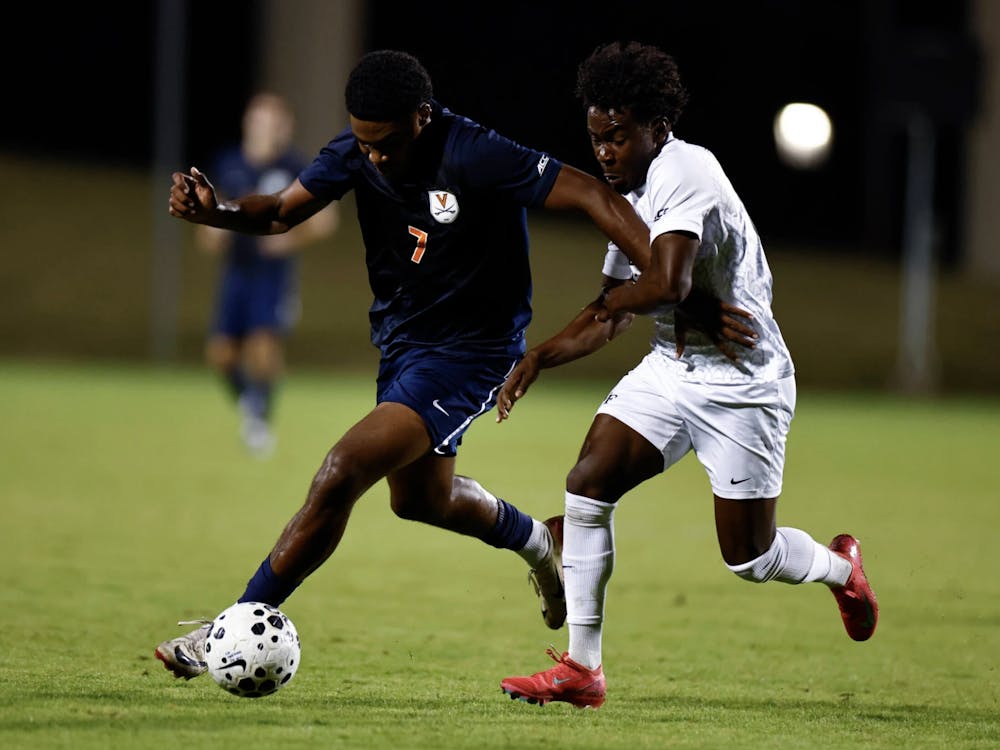In the world of sports, we take many things for granted. We presuppose championship results and player commitment without appreciating the sacrifices necessary to achieve these things. We also tend to assume that all games will be perfectly officiated.
Being a referee is the most thankless job in sports. Everyone wants the ref to be invisible, letting the players decide the game and only showing himself for a brief instance to make a call before receding from the spotlight again. Yet, no matter how well he does his job, half the crowd always will be angry at his decision-making skills. Refs have split seconds to see, analyze and react to real-time events. All the while, they know full well that their decisions will be dissected by countless viewers and talking heads who have the benefit of instant replay and endless time to reach a conclusion. The only time referees ever appear on SportsCenter or see their name in print is when they flat out screw up or make a controversial decision that changes the course of a game\nI bring this up because of a controversial ending, of all things. This debacle came at the end of this weekend's matchup between Butler and Pittsburgh during the third round of the NCAA Tournament. As I'm sure everyone whose bracket is now officially as finished as "Two and a Half Men" thanks to this game can tell you, Pittsburgh lost this game as a result of a last-second foul that allowed Butler's Matt Howard to hit a game-winning free throw. The call in question occurred with less than a second left in regulation, when Panther forward Nasir Robinson smacked Howard's arm as the two big men went up for the rebound following a missed free throw by Pittsburgh. Although any objective observer will admit Robinson's actions were worthy of a call, the question about whether the referees should have swallowed their whistles and let the game go into overtime remains.
Whichever side of the debate you land on comes down to your opinion about what the role the referee actually should play sports. Are the referees there to enforce every rule down to the letter, or are they simply there to ensure a fair contest and allow the better team to triumph?
As I watched the postgame coverage following the contest, it seemed that a majority of the tournament announcers endorsed the referees' actions and believed in the stricter role of the referee. ESPN commentator Jay Bilas noted that the players decide the outcome of any game by fouling and that the referees have an obligation to call the clear fouls. If this is how you interpret a ref's job, then you left Saturday's contest feeling that the end score was justified. Pittsburgh's season ended thanks to a one-in-a-million foul that never should have happened, yet was properly punished.
On the other side of the spectrum resides the notion that a referee's job is not to enforce every single rule in the book. Instead, the referee is supposed to get a feel of the flow of a game and try to make sure that the bout ends as fairly as it can. If this is how you feel, then like those who watched the "LOST" finale, you shut off your TV feeling very unsatisfied.
Much like how true soccer or hockey fans argue that penalty kicks or penalty shots are not true determinants of a game winner, I believe that an NCAA Tournament game should not come down to a call resulting from a shot that would have had no impact on the game. The odds that Howard cleanly catches the rebound and fires the ball the length of the court into the hoop with 1.4 seconds remaining are so miniscule that I would bet my life savings - as tiny as they are - that it would not have happened. The game was destined for overtime, and in my opinion, the referees should not have made the final foul call. The winner of the matchup should have been decided by the teams in the five-minute overtime, not on one inexplicable arm movement that will now haunt Robinson for the rest of his life.
If we want perfectly officiated games, then we simply should install robots and cameras to make every decision. A camera and an instant replay system always will be more effective than the human eye in determining whether a ball was fair or foul or if a kick split the uprights or went just wide. But sports are not about perfection. There is a human element to sports that referees embody. Referees need to be able to sense the feel and flow of a game, and call it accordingly to allow the final score to be truly reflective of the two teams' performances that particular night. The referees who decided the Pittsburgh-Butler game failed to do that, and denied us an ending that we already had taken for granted.






